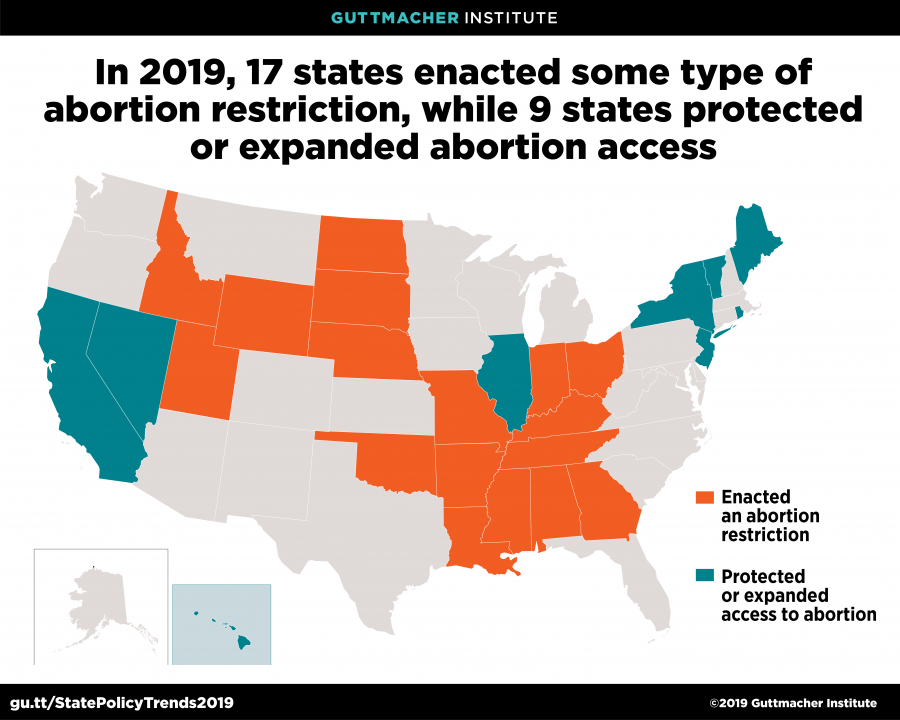An ominous new phase
Fetal heartbeats and “bounties” for snitches signal sharp escalation in abortion crusade
September 30, 2021
The campaign against abortion rights entered an ominous new phase this month, as Senate Bill 8, banning abortions whenever a heartbeat can be detected, was signed into law by Texas Gov. Greg Abbot.
“Our creator endowed us with the right to life, and yet millions of children lose their right to life every year because of abortion,” Texas Gov. Greg Abbot reportedly said at the signing ceremony. But others are worried about the harsh provisions imposed upon the living.
“I honestly would protest every day,” states Carrington Blackwell, a junior majoring in English. “If you are [not a woman] then your vote doesn’t matter. You don’t have to go through the mental and physical changes of pregnancy.”
The state of South Carolina had its own brush with a “heartbeat bill” earlier this year when Gov. Henry McMaster signed the S.C. Fetal Protection from Abortion Heartbeat Act in February. After a swift appeal by Planned Parenthood South Atlantic and the Greenville Women’s Clinic, a federal judge blocked the law from going into effect. Its fate remains in limbo pending appeal.
The Texas statute is harsher than South Carolina’s in two ways: it allows exceptions for medical emergencies but not for rape and incest, and in a unique twist the bill empowers private citizens to “sue abortion providers or anyone who helps someone get an abortion,” the Texas Tribune reported.
SB 8 states that anyone — family members, partners or someone who made a referral for abortion care — could face a civil penalty of $10,000 for each abortion and be required to pay the plaintiff’s court costs. This provision especially could have a big impact. An analysis by the Texas Policy Evaluation Project shows that Texans seeking abortion care rely on others for help: 43% had someone drive them to the clinic, while 57% had a family member, friend or partner help them pay.
“It’s a very unique law, and it’s a very clever law,” Josh Blackman, constitutional law professor at South Texas College of Law in Houston, told the Texas Tribune. “Planned Parenthood can’t go to court and sue Attorney General Ken Paxton like they usually would because he has no role in enforcing the statute.”
That’s the aspect of the statue that concerns Shelby Ballington, a junior majoring in Biology. “I don’t like the fact that other people can find you that [have] no concern with [your decision] at all. I support [restricting abortion], but to an extent. If you’re trying to abort a seven-month baby, personally, I don’t think that it’s right.”
Even supporters of a outright ban on abortions in South Carolina agree that women should have access if a pregnancy jeopardizes their lives. Modern medicine has made termination a safe procedure, but the same can’t be said for childbirth. The US has the highest maternal mortality rate in the world, mostly because our healthcare system is one of the worst. Our poor health outcomes mean that women will continue to need access to abortions.
The right to have an abortion is protected by the landmark Roe v. Wade U.S. Supreme Court decision to limit states’ ability to restrict access to abortions. Under the legal standard set by Roe, fetal viability is “typically interpreted to be around 24 weeks’ gestation,” according to the TPEP’s “Texas Senate Bill 8: Legal and Medical Implications.”





